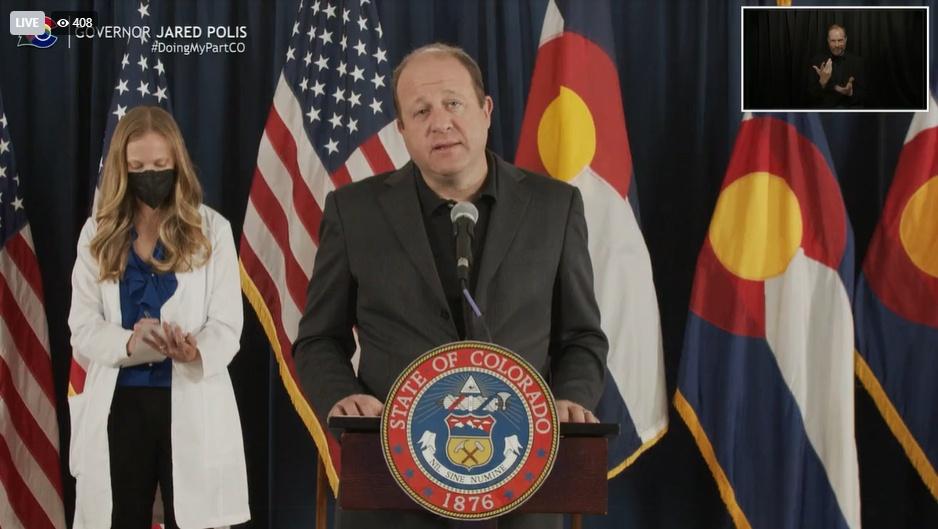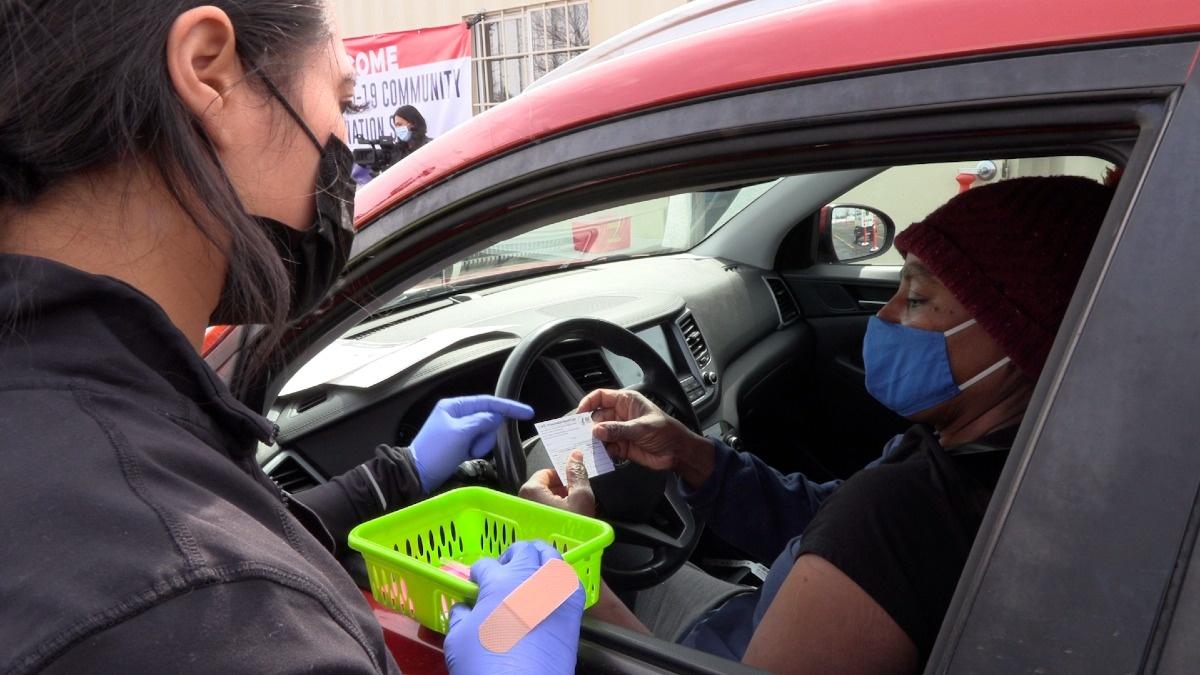Update: The first case of the Omicron variant of COVID-19 was detected in Boulder County on December 3, 2021, a day after Colorado public health officials announced the first-known case in the state.
The Boulder patient had recently traveled to South Africa, where the variant is believed to have originated. They are currently in isolation.
“It’s not unexpected that we would eventually identify another variant of SARS-CoV2. All viruses generate random changes as they replicate. Some changes cause the virus to adapt and become more efficient in passing from person to person. As long as we see ongoing transmission, we will continue to see emergence of new variants. When we have such high rates of COVID-19 in our community, vaccination is critically important, as well as other measures to limit transmission such as wearing a mask inside,” Michelle Haas, Boulder County Public Heath's (BCPH) Chief Medical Officer, said in a news release. “Vaccination against COVID-19 remains the most important step that individuals can do for their own health and the health of their community to reduce the impact of COVID-19."
You can read the full release from BCPH here.
The first case of the Omicron variant in Colorado was detected in Arapahoe County. You can read more about that case in our original story below:
DENVER — Colorado has confirmed its first case of the Omicron variant of COVID-19, the Colorado Department of Public Health and Environment (CDPHE) announced Thursday.
Colorado joins California and Minnesota as the only states to detect the Omicron variant.
The person who tested positive is a fully vaccinated female resident of Arapahoe County, CDPHE said in a news release. The woman recently traveled to Southern Africa for tourism. She had not received a booster shot, although she was eligible for one.
CDPHE says the patient’s symptoms are “minor" and that she is in isolation. People that she was in close contact have tested negative for the virus.
Speaking in a press conference on December 2, Governor Jared Polis urged people not to panic.
“At this point, I’m not terribly alarmed,” Polis said. “There is indirect evidence that [Omicron] is more transmissible. Why? Because it seems to be crowding out other variants in areas that it’s prevalent.”
“We know if community transmission [of the variant] is occurring in Colorado, it is very small,” the governor added.




